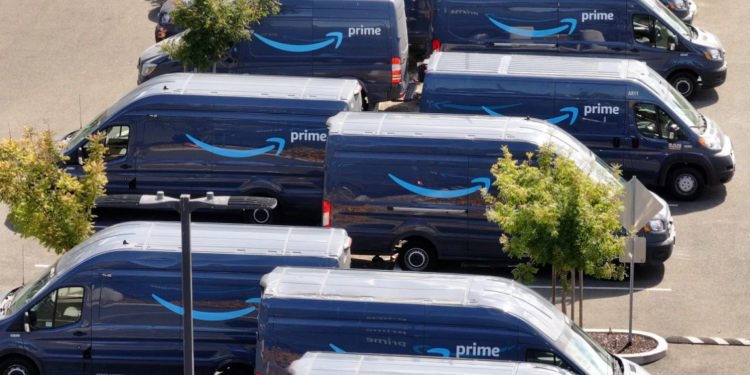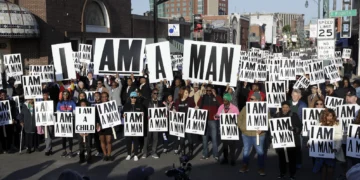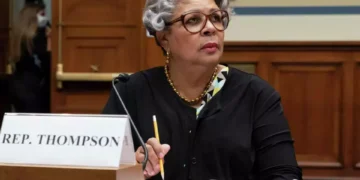Dec 10, 2024 Story by: Editor
The District of Columbia filed a lawsuit against Amazon on Wednesday, accusing the retail giant of secretly discontinuing its fastest delivery services in two predominantly Black neighborhoods while still charging residents full Prime membership fees.
The lawsuit, filed in D.C. Superior Court focuses on Amazon’s Prime membership, which costs $139 annually or $14.99 monthly. Prime promises expedited delivery options, including one-day, two-day, and same-day shipping, alongside other benefits.
According to the complaint, Amazon implemented a delivery “exclusion” in mid-2022 for two low-income ZIP codes in Washington, D.C. — 20019 and 20020. The company allegedly shifted to using third-party delivery services, such as UPS and the U.S. Postal Service, instead of its in-house delivery systems.
Amazon stated that the changes were made to prioritize driver safety. “There have been specific and targeted acts against drivers delivering Amazon packages,” Amazon spokesperson Kelly Nantel explained in a prepared statement. She added, “We made the deliberate choice to adjust our operations, including delivery routes and times, for the sole reason of protecting the safety of drivers. The claims made by the attorney general, that our business practices are somehow discriminatory or deceptive, are categorically false.”
However, the D.C. The Attorney General’s office claims Amazon failed to inform Prime members in these ZIP codes about the changes. Attorney General Brian Schwalb criticized the company, stating, “Amazon is charging tens of thousands of hard-working Ward 7 and 8 residents for an expedited delivery service it promises but does not provide.” He added, “While Amazon has every right to make operational changes, it cannot covertly decide that a dollar in one ZIP code is worth less than a dollar in another.”
The lawsuit reveals that Prime members in the affected neighborhoods, which comprise nearly half the population of these ZIP codes, placed over 4.5 million orders in the last four years. Before the exclusion in 2021, more than 72% of Prime deliveries in these areas arrived within two days. By 2022, that figure had dropped to just 24%. Meanwhile, Prime members in other parts of the city continued to receive expedited deliveries 75% of the time, with nationwide delivery speeds improving overall.
The District alleges that Amazon misled customers who complained about slower deliveries, attributing the delays to “natural fluctuations” rather than operational changes. The lawsuit seeks to prevent Amazon from engaging in “unfair or deceptive practices” and demands restitution for affected members, along with civil penalties.
This legal battle is not Amazon’s first controversy regarding delivery disparities. In 2016, a Bloomberg investigation revealed that Black residents in cities like Atlanta and Chicago were significantly less likely to access Amazon’s same-day delivery services. Additionally, local outlet DCist reported in 2017 that Amazon’s now-defunct restaurant delivery service excluded some D.C. neighborhoods, including one mentioned in the current lawsuit.
Amazon disputes the claims and highlights its efforts to serve the impacted communities. “Since 2022, nearly 1.5 million Prime-eligible products were delivered in two days or less to customers in the two ZIP codes,” Nantel said. The company has also offered to collaborate with the D.C. Attorney General’s office to reduce crime and improve safety in these areas.
This case marks the second major legal confrontation between Amazon and the District, which previously filed an antitrust lawsuit against the company. Source: AP News

















